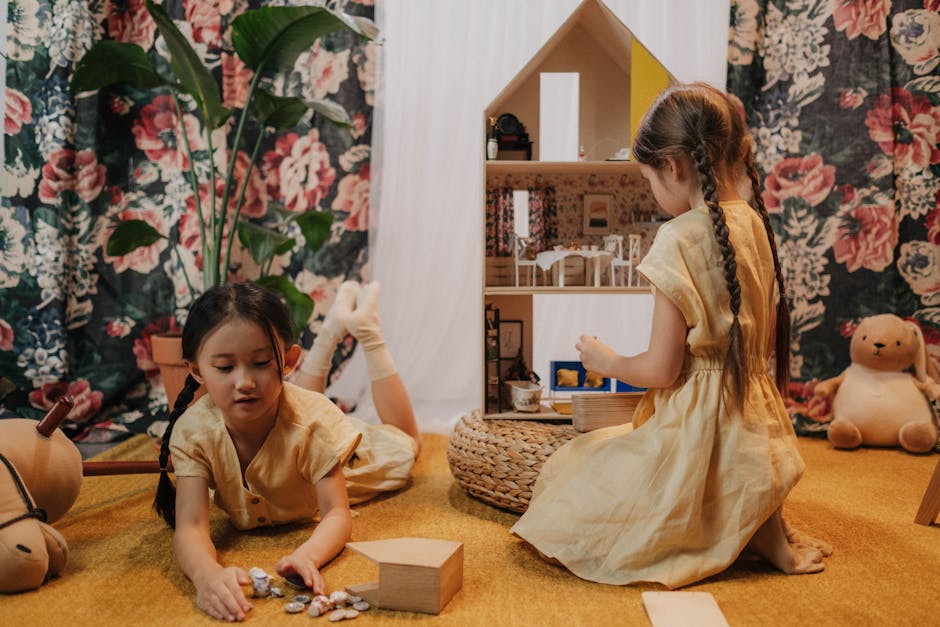Parenting is a multifaceted journey, a complex tapestry woven from countless threads of support, love, and guidance. While the nuclear family remains central, the role of extended family in parenting deserves significant attention. It’s not a supplementary, but often an integral part of the family unit, offering a wide range of benefits that enhance the overall well-being of both parents and children. This article delves into the multifaceted role extended family plays, exploring its significance within contemporary parenting practices.
A cornerstone of extended family support lies in its capacity to provide practical assistance. Grandparents, aunts, uncles, and cousins can offer invaluable help with childcare, allowing parents to pursue personal interests, attend professional development opportunities, or simply take a well-deserved break. This logistical aid is especially crucial during periods of transition, such as the early years of parenthood, when parents are often sleep-deprived and juggling numerous responsibilities. Regular visits from extended family members, offering childcare on weekends or after school, can substantially reduce parental stress and fatigue. This doesn’t mean the nuclear family is sidelined; rather, it represents a collaborative approach to shared responsibility.
Beyond practical support, extended families contribute significantly to a child’s development by nurturing their social-emotional growth. Interactions with diverse generations and family members offer children a broadened perspective and a deeper understanding of cultural traditions and values. Shared stories, traditions, and rituals passed down through generations foster a strong sense of belonging and connection to family history. These interactions also provide children with a variety of role models, promoting empathy, understanding, and a sense of community beyond their immediate circle.
A rich tapestry of experiences is woven by extended family connections. Exposure to different generations and their experiences contributes to a child’s development of empathy and compassion. Children observe how family members resolve conflict, cope with challenges, and celebrate joys, learning valuable lessons about navigating life’s ups and downs.
Furthermore, a robust extended family network can provide children with a sense of security and stability. The familiarity and unconditional love offered by these relationships create a nurturing environment where children can feel safe exploring their potential and developing their individuality. This is particularly relevant during times of family transition or stress. The presence of consistent, caring figures outside the immediate family can act as a significant buffer, providing a sense of continuity and reassurance.
However, navigating the complexities of extended family relationships requires careful consideration. Differing opinions on parenting styles, cultural differences, and competing expectations can sometimes create tensions. Open communication and understanding are paramount. Establishing clear boundaries, respecting individual family dynamics, and fostering mutual respect are essential ingredients for maintaining harmony. Families must learn to negotiate shared responsibilities and expectations without compromising the core values of the nuclear family.
The role of extended family in parenting extends beyond the tangible aspects. It influences the emotional landscape of the household, contributing to a sense of collective well-being. The emotional support offered by extended family members can help parents to navigate the pressures and challenges of raising children. Shared experiences, laughter, and a sense of community create a supportive network that fosters resilience and strengthens family bonds.
One crucial consideration is the impact of geographical distance on extended family involvement. In today’s mobile world, physical separation can often limit the frequency and depth of interactions. Technology plays a significant role in bridging these gaps, allowing families to connect across distances through video calls, social media, and shared online platforms. These virtual connections, however, can never fully replace the benefits of in-person interactions.
Ultimately, the dynamic relationship between extended family and parenting styles is shaped by various cultural and societal factors. In some cultures, extended families play a significantly more active role in child-rearing than in others. Understanding these cultural contexts is crucial in evaluating the different approaches and acknowledging the diverse ways in which extended families contribute to the overall parenting experience.
In conclusion, the role of extended family in contemporary parenting is multifaceted and profound. It extends beyond mere childcare support to encompass emotional well-being, social development, and cultural transmission. While challenges may arise from differences in opinions and expectations, open communication and respect for individual family dynamics are crucial to fostering harmonious relationships. The extended family, an integral part of the parenting journey, enriches the lives of both parents and children, creating a robust and supportive network that strengthens the bonds of the family unit. By acknowledging and embracing this vital component, we can appreciate the significant contribution extended family makes to the successful and fulfilling development of children within a supportive and dynamic family environment. It’s not just an additional resource, but an essential element in raising well-rounded, empathetic individuals.
